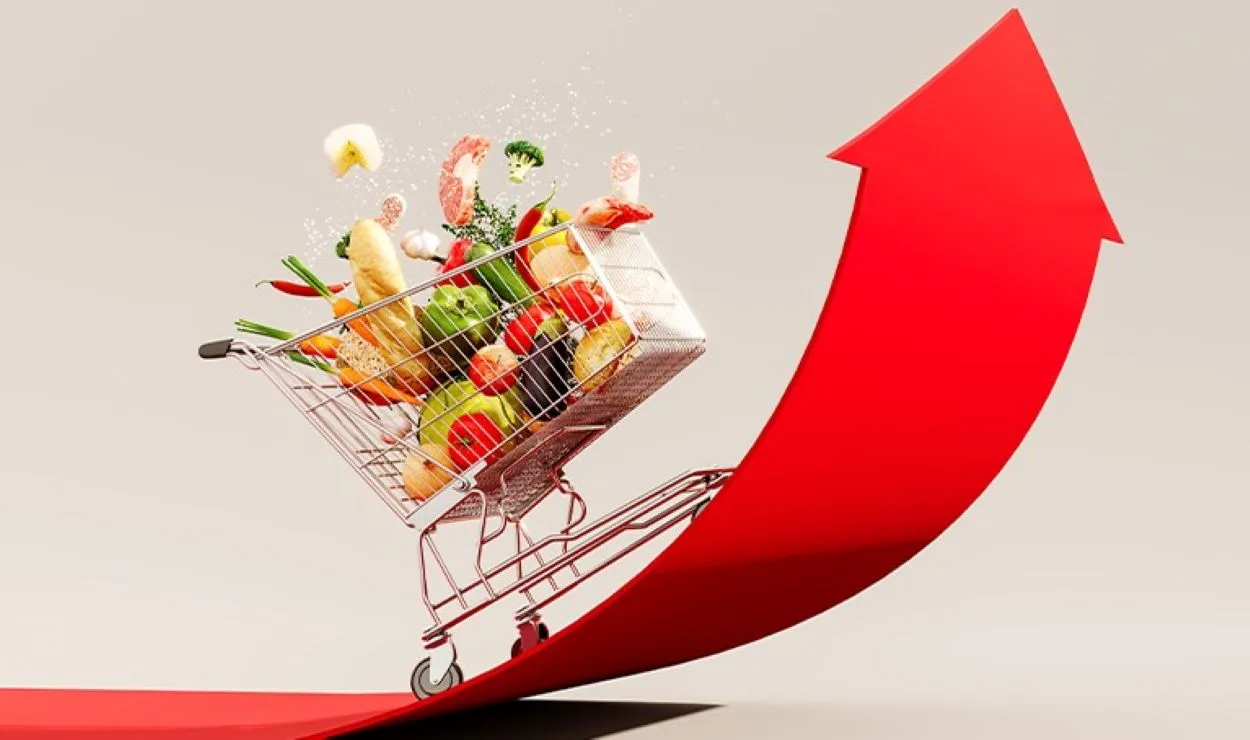Pakistan’s weekly inflation, the Sensitive Price Index (SPI), reached an unprecedented 47.23% year-on-year (YoY) on April 19.
The Pakistan Bureau of Statistics (PBS) revealed on Thursday that a significant rise in food prices mainly fueled this sharp increase.
The SPI, which tracks the prices of 51 essential items in 50 markets across 17 cities, showed a 0.51% week-on-week increase in short-term inflation. As a result, the cost of food items, such as potatoes, tea, bread, chicken, rice, and non-food items, like liquified petroleum gas, petrol, and matchboxes, climbed higher.
During the week in question, the prices of 29 items rose, while eight decreased, and 14 remained unchanged. As a result, the previous week’s short-term inflation was 44.61% YoY, while the week ending March 22 saw an all-time high of 46.65% YoY, a record that was broken this week.
Last month, inflation in Pakistan soared at its fastest rate ever recorded, driven by food, beverage, and transportation costs. Analysts warned that the escalating inflation would force families to make difficult choices and sacrifices.
In March, the Consumer Price Index (CPI) saw a monthly inflation jump to 35.37% YoY, the highest rate since data became available in July 1965.
The government has implemented stringent measures, including fuel and power tariff increases, subsidy withdrawals, market-based exchange rates, and increased taxes under the International Monetary Fund program to bridge the fiscal deficit. However, these measures may result in sluggish economic growth and even higher inflation in the coming months.
Notable YoY increases include cigarettes (151.45%), wheat flour (143.88%), Q1 gas charges (108.38%), Lipton tea (104.28%), diesel (102.84%), potatoes (98.74%), bananas (98.42%), and eggs (97.80%).
Conversely, significant YoY decreases were seen in tomatoes (8.65%) and chili powder (6.48%). The highest week-on-week increases were LPG (4.75%), potatoes (3.79%), petrol (3.67%), Lipton tea (3.61%), gur (3.40%), bread (2.48%), and chicken (2.00%).
The most notable week-on-week decreases were tomatoes (13.11%), onions (4.62%), garlic (3.59%), sugar (1.52%), and wheat flour (0.93%).






